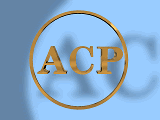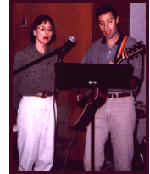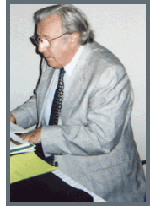American Catholic Press
16565 S. State Street, South Holland, Illinois 60473
|
||||||||||||||||||||||||
|
|
||||||||||||||||||||||||
|
by Rembert G. Weakland, O.S.B, Archbishop
of Milwaukee Vatican Council II Pius X's Motu Proprio and the papal documents under Pius
XII made it possible for the Council Fathers to issue as their very
first statement the document on liturgy. Four interrelated concepts
that were to affect the future of church music were emphasized in
that conciliar document. 1. Liturgy is the act of worship of the whole assembled community. Thus, liturgy is never a private act of devotion, but an expression of the faith of the Church and the faith of the worshiping group. Previously a server answered for the people in Latin; now the entire body was to respond. Previous practices, such as saying the rosary during Mass, distributing communion right after the Consecration, and so on, were seen to make no sense. Although the Church had never admitted the concept of a "private" Mass, the Mass with a participating congregation now became normative. It is as if the people before the Council watched a play, were absorbed by it, and responded as individuals. Suddenly the lights came on and they found themselves a part of the drama, where their communal response was integral to the whole. 2. Understanding text and sign now became paramount. This
document on liturgy accentuated the need for the text, signs, and
symbols to be understood by the people without the need for elaborate
decodification. For this reason the switch to the vernacular came
faster than even the Council Fathers anticipated. 3. A new regard for the texts, read and sung, became part of the liturgical transformation. So many hymn texts used at benediction and devotions were full of nonsensical phrases and pious, but empty, thoughts. The change to English brought about a consciousness of the meaning of the words, and often these were found to be archaic and/or meaningless. 4. As a consequence of all this, the congregation could no longer be silent; it had to sing. The people had not been trained to sing. The Catholic Church lacked that tradition of disciplined congregational singing characteristic of the Anglican and Lutheran Churches. How to change the portamenti and glissandi of the benediction Tantum Ergo into a crisp, convincing Now Thank We All Our God-that was the task. |
|||||||||||||||||||||||
|
||||||||||||||||||||||||


